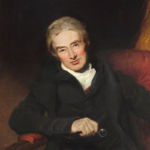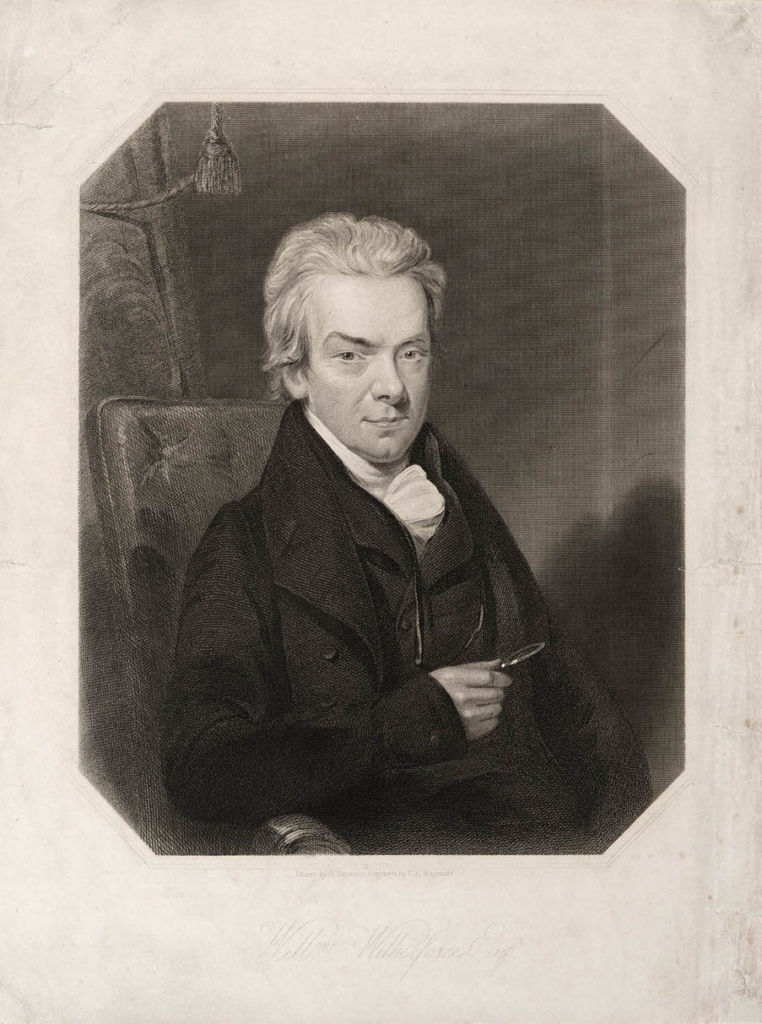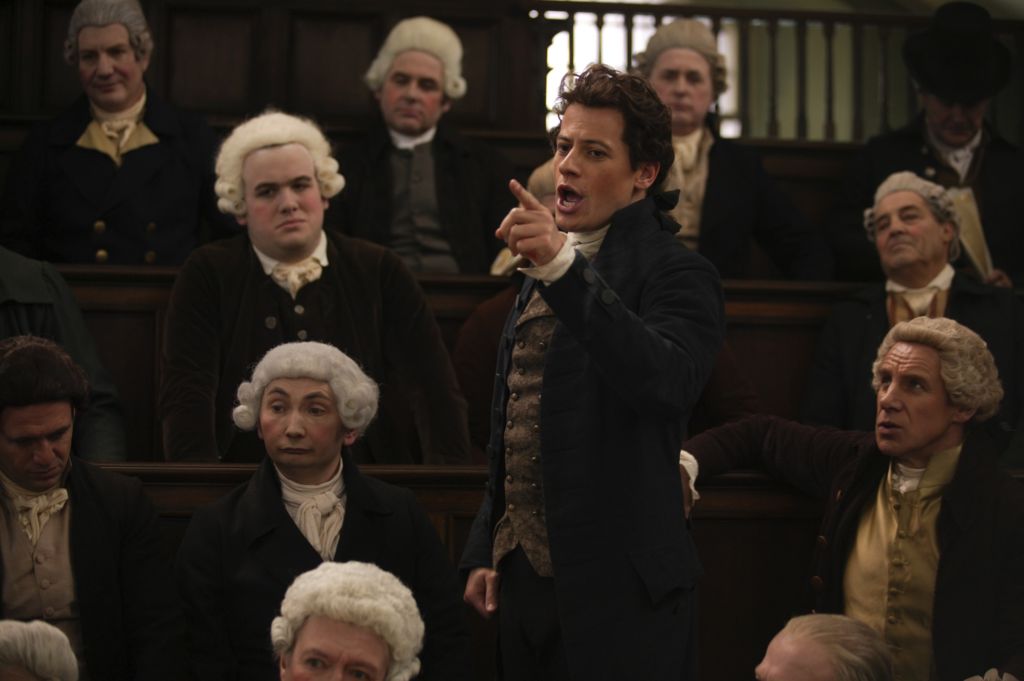William Wilberforce

A deeply religious English politician who was most famous for being a key campaigner for the abolition of slavery.
Born: 24th August 1759, at 25 High Street, Hull (now known as Wilberforce House)
Died: 29th July 1833, aged 74 years, London (buried in Westminster Abbey)
Family: Married Barbara Spooner in 1797. The couple had a very happy marriage and six children together.
William Wilberforce
Early life: The Wilberforce family were wealthy merchants. When William was eight years he was sent to live with his aunt and uncle in London. His aunt and uncle attended the Methodist Church regularly and took William with them. He enjoyed this, but his mother felt that he was being too strongly influenced by religion and brought him home to Hull. He was sent to board at Pocklington Grammar School and then attended Cambridge University. Wilberforce graduated in 1781, determined to have a career as a Member of Parliament.
Main achievements
In 1780 Wilberforce became a Member of Parliament (MP) for Hull.
In 1784 his responsibilities increased when he was elected MP for Yorkshire. This meant that he was able to be much more influential politician.
In 1785 Wilberforce became a committed Christian. His new faith meant that his lifestyle changed completely. He became very interested in improving people’s lives and campaigned for better factory conditions in Britain. He also supported the Royal Society for the Prevention of Cruelty to Animals (the RSPCA).
In 1789 Wilberforce began to support the campaign for which he is most famous – the abolition of the slave trade. The slave trade involved British ships carrying black slaves as goods to be bought and sold from Africa to the West Indies. Wilberforce was appalled by this and for eighteen years he presented anti-slavery motions in Parliament.
In 1807 the slave trade was finally abolished with the Slave Trade Act, but this Act of Parliament did not free those who were already slaves.
In 1833 The Slavery Abolition Act was passed. Finally, the purchase or ownership of slaves was made illegal within the British Empire. A few days after this, William Wilberforce died.
“You may choose to look the other way but you can never say again that you did not know.”
― William Wilberforce
BUT We should all be aware that despite the official end to slavery in 1833, there are an estimated 21 million people trapped in some form of slavery today. It is sometimes called ‘Modern-Day Slavery’ and sometimes ‘Human Trafficking’. People across the world continue to campaign against such horrors.


Learning resources
Example Questions
Graduate Award links:
Pupils who wish to become Graduates in the available study topics can elect to study at home and in school during their own time, taking the Graduate Test when they know they are ready.
Upon graduation, they will receive a badge which they can wear on their school uniform with pride.
This will further demonstrate to their peers, parents, visitors and the wider community just how dedicated they are to their studies.

